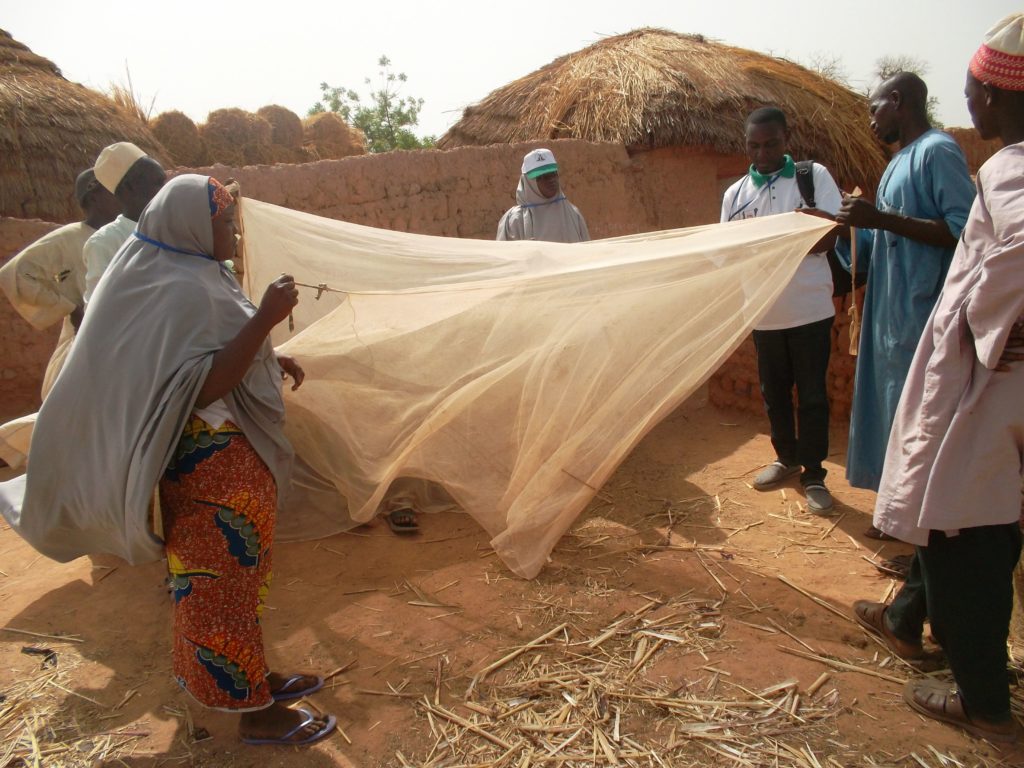Funders
U.S. President’s Malaria Initiative (PMI) / John Hopkins Center for Communication Programs
Location
Kenya, Malawi, Mali, Rwanda
Dates
2014

Routine distribution of insecticide-treated nets (ITNs) to pregnant women at antenatal clinics and infants at vaccination visits is a major component of malaria control strategies, as these channels target those most vulnerable to malaria. In 2014 PMI NetWorks, a five-year $60 million global project aiming to scale up malaria prevention through improved ITN distribution, undertook an evaluation of ITN distribution systems in Rwanda, Mali, Kenya, and Malawi to assess performance with respect to national and subnational policies, logistics systems, and overall effectiveness. Tropical Health provided ITN distribution and logistics expertise on the evaluation team and facilitated coordination with national malaria control programmes (NMCPs) as well as field data collection.
The assessment employed one-on-one and group interviews with representatives at national, subnational, and health facility levels in each country, as well as partner organisations and those specifically responsible for logistics. The assessment covered information about management and policy, programme implementation, and data management and use. Average-performing health facilities were selected in each country.
The assessment found that ITN distribution through antenatal care (ANC) is better established and monitored than that through the Expanded Programme on Immunization (EPI). Reproductive/maternal health units were generally more actively involved with the management and implementation of ITN distribution policy than the EPI/child health units. ITN distribution generally functioned separately from other health facility commodities, and the design varied considerably between countries and partners. Health workers perceived an over-burden of registers and reporting forms as part of their daily and monthly work, along with a shortage of human resources. Estimated programme effectiveness for 2012 and 2013 in three of the four countries ranged from 53% to 91% for ITN distribution through ANC, and from 31% to 73% for EPI. Findings were shared with each NMCP and Ministry of Health, donors, stakeholders, and published in a peer reviewed article.
Global Fund / Nigeria National Malaria Elimination Programme
Nigeria
2023 - 2024
Belgian Cooperation/ Light for the World
Democratic Republic of Congo, Rwanda, Tanzania
2021-2022
UK Aid and People’s Postcode Lottery / Sightsavers
Malawi, Uganda
2023 - 2024